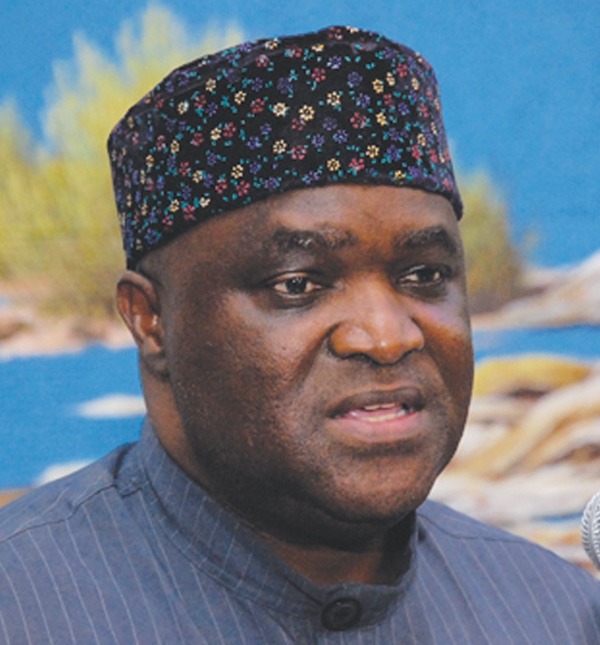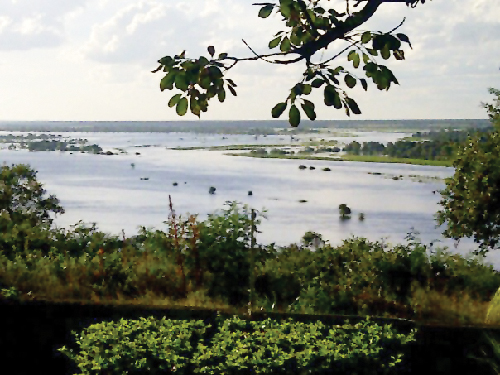
Whistle blower act a reality soon

The Ministry of Justice is hard at work to formulate and draft the proposed Whistle Blowers Protection Bill before September, as envisaged in the President’s Harambee Prosperity Plan.
Although whistle blower protection has been mooted several times in recent years, it was only earlier this year that a reference in the Harambee Prosperity Plan, provided a starting point for the intended law.
“To maintain consistency, the governance architecture will further be strengthened by the enactment of a Whistle Blowers Protection Act by September 2016” states the Harambee Prosperity Plan.
The bill’s purpose is to protect whistle blowers who want to help root out corruption.
.A whistle blower is a person that exposes any kind of information regarded as illegal and unethical or not correct within an organisation that is either private or public. Thus whistle blowers put not only their lives but also their jobs at risk.
In his State of the Nation address in April 2012, former President Hifikipunye Pohamba said “the fight against corruption must be broadened and continued on all fronts. It must be waged without fear or favour.”
He further directed the Ministry of Justice to expedite the tabling of strong and comprehensive legislation on the protection of whistle blowers adding that he believed that such a law will greatly enhance anti-corruption efforts by protecting persons who disclose information on corrupt activities from victimization.
“One of the key obstacles in the fight against corruption is the fact that, without legal protection, individuals are often too intimidated to speak out or blow the whistle on corrupt practices which they observe in the workplace or in the community. Although they may have a duty to report misconduct in terms of their conditions of employment, those who do stick their necks out and raise concerns are mostly victimised, intimidated and have little recourse to legal remedies” stated the Institute for Public Policy Research in a 2012 report.
Although the Anti Corruption Act, the Labour Act, the Criminal Procedures Amendment Act and the Diamond Act provides limited protection to whistle blowers, it is not sufficient to embolden individuals to openly join the fight against corruption.
These acts only protect witnesses or whistle blowers by not revealing their identities and providing protection for as long as the trial is on, and only if the whistle blower’s life is in danger or when there is a possible prevention of providing evidence or from unfair dismissal and or disciplinary action, but not from harassment or victimisation.
The ACC director, Paulus Nao stated the need for comprehensive legislation on the protection of whistle blowers or informants, saying “This is necessary because protection is not only about the identity, but it has to do as well with the employment and physical security of the whistle blower.”
“To ensure more predictability and consistency in policy and law making, the government will improve the law making process, so as not to catch national stakeholders by surprise and create a them versus us situation. In this connection, the Minister of Justice in consultation with the Attorney General will propose a checklist, that will be strictly adhered to, for the policy making process by June 2016. To create more confidence in the law making process, it will be compulsory for Offices, Ministries and Agencies to give feedback to stakeholders following a consultative process. A comprehensive review of existing legislation that may hamper the achievements of national objectives will be undertaken and appropriate legislative amendments prioritised” according to the Harambee Prosperity Plan.
Whistle blowing is defined as raising awareness about wrong conduct or corrupt people and institutions within a country or organisation and is an important tool to encourage citizens to be responsible within an organisation, community or country at large.











































